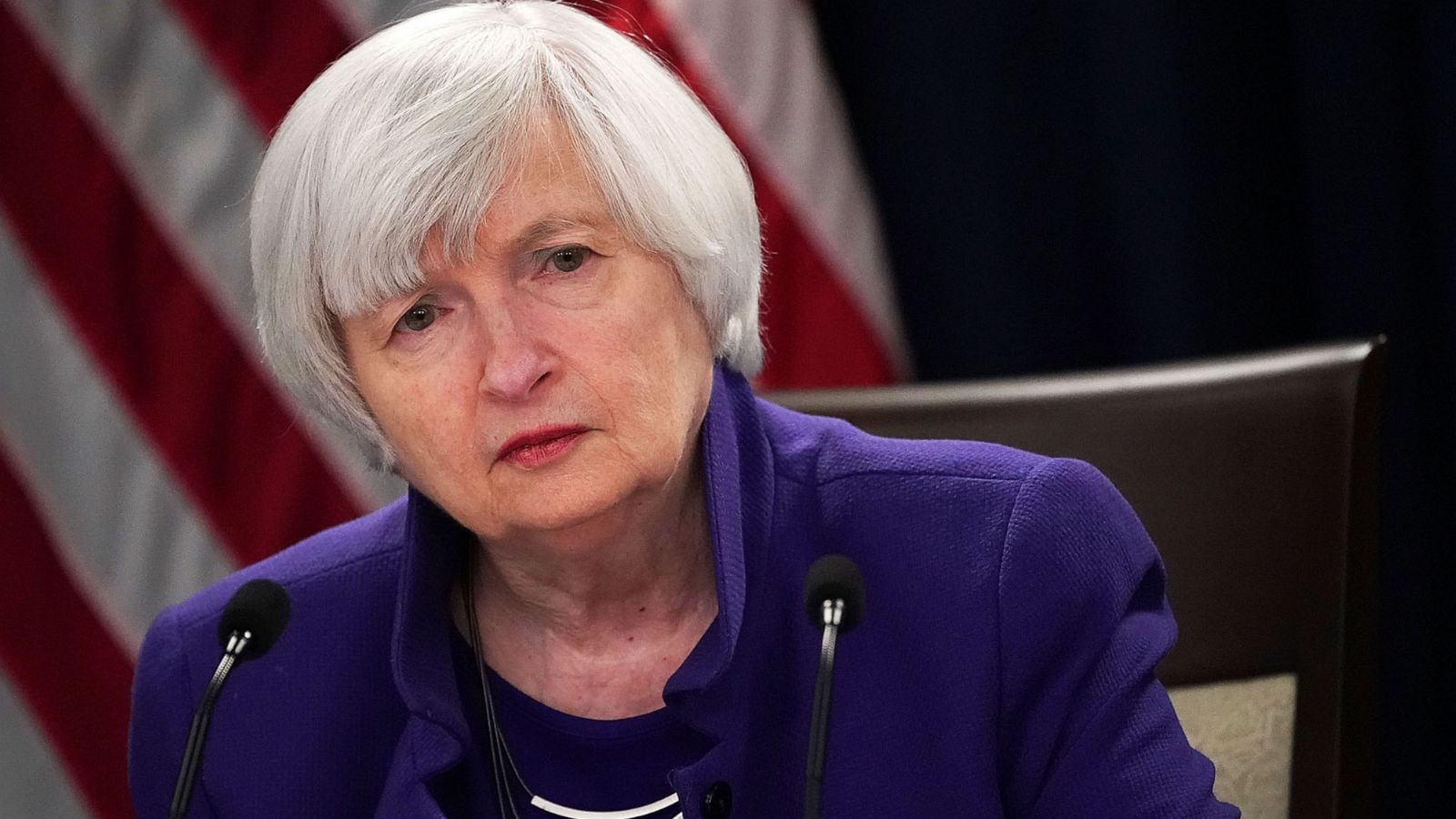Yesterday, in a letter to all members of Congressional leadership, Treasury Secretary Janet Yellen warned that the United States could default on its debt obligations as early as June 1st if Congress does not raise or suspend the debt limit before that time.
The warning highlights the urgency of the situation and puts pressure on the Biden administration and House Republicans to come to an agreement.
The two sides have been at an impasse for several months, with House Republicans passing their own bill and President Biden refusing to negotiate until the debt ceiling is separated from spending talks. The Congressional Budget Office has also warned that there is a significant risk that the Treasury will run out of funds in early June.
The timeline is further compressed by the fact that the House of Representatives is set to be in session for only 12 days while the Senate is in session for only 15 days in May. President Biden is also expected to be out of the country in May for visits to Japan and Australia.
The exact consequences of a U.S. default on its debt are uncertain as it has never occurred before. However, Yellen and other experts have warned that a default could lead to higher borrowing costs, a recession, and significant job losses. It could also have severe consequences for the global financial markets.
After reviewing recent federal tax receipts, Yellen estimated that the government may be unable to continue satisfying all of its obligations by early June, and potentially as early as June 1st. However, the actual date that Treasury exhausts extraordinary measures could be a number of weeks later than these estimates.
House Republicans passed legislation last month to raise the debt ceiling through 2024 and cut government spending, but it is expected to fail in the Democratic-controlled Senate. The White House has also threatened to veto the bill.
The U.S. has faced debt crises before, but it has always managed to avert default through bipartisan efforts to raise the debt ceiling. The failure to raise the debt ceiling this time could lead to severe economic and political consequences such as increased borrowing costs on existing and future debts, market instability and a loss of confidence in the U.S. dollar, a negative impact on the U.S. credit rating, and an economic recession with widespread job losses, reduced consumer spending, and a decline in GDP.



